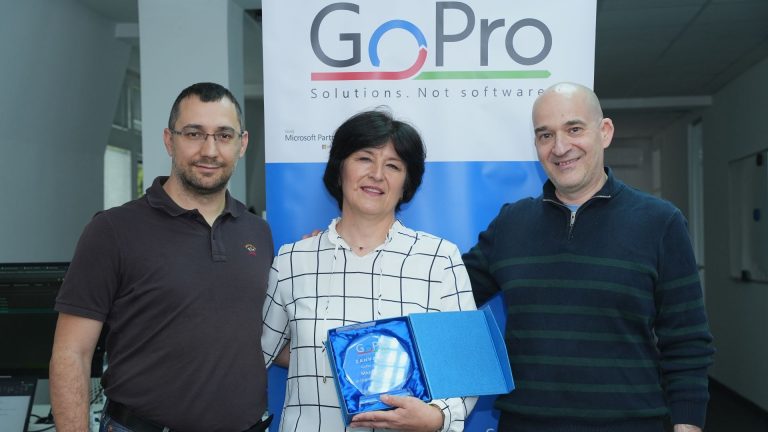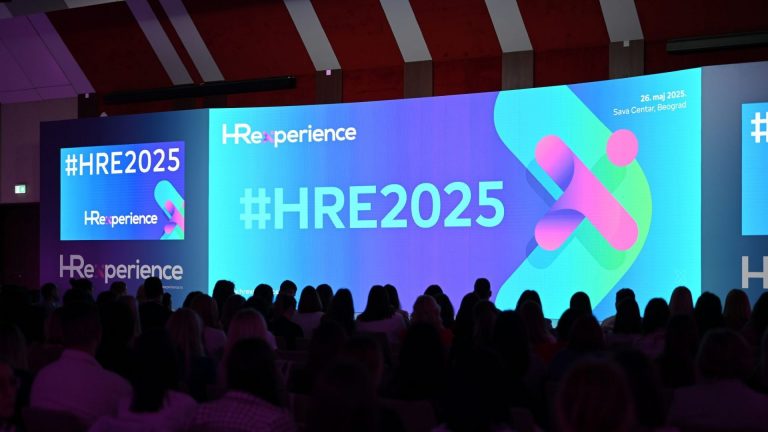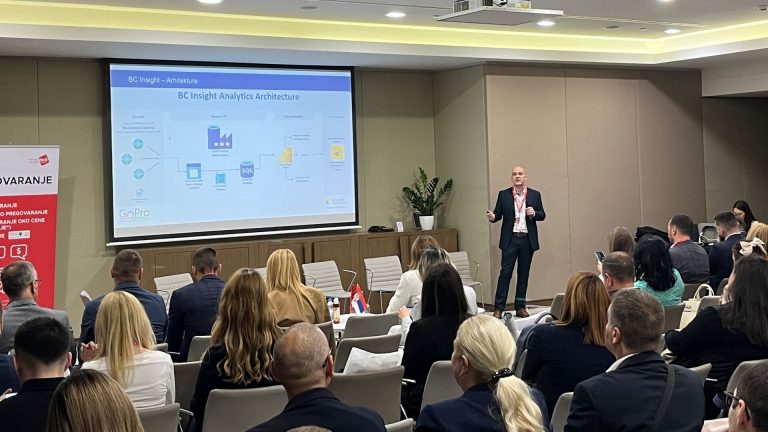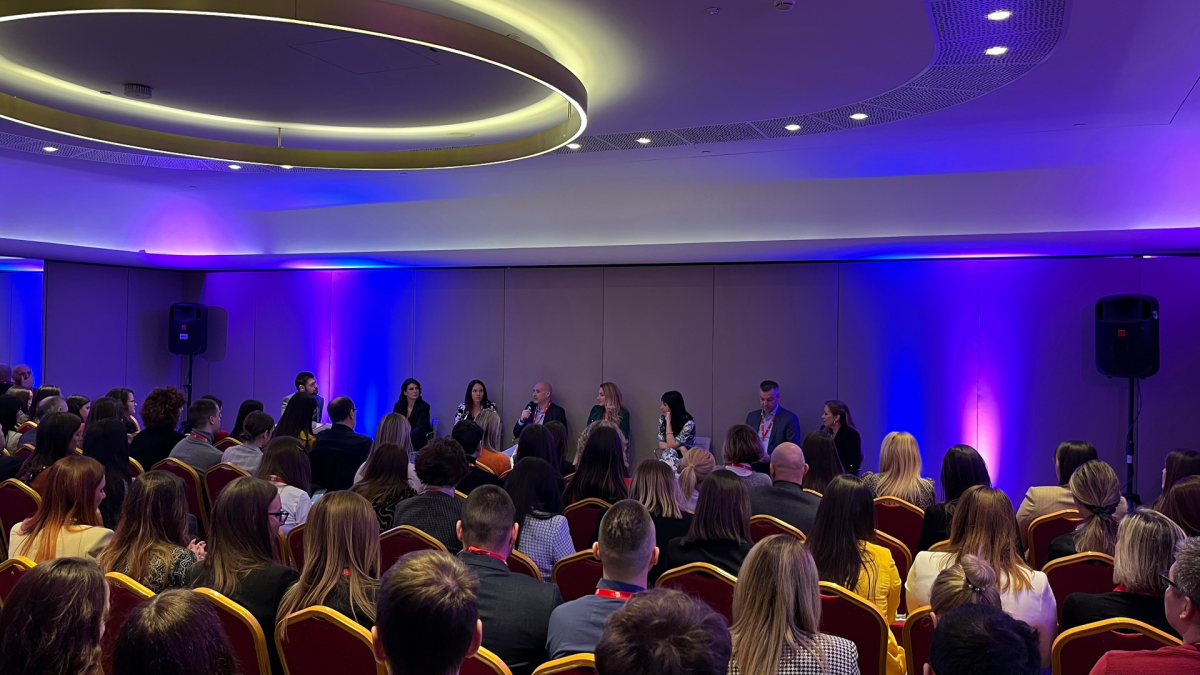In today’s business world, data and information management is crucial if you want to be competitive in the market. Two key solutions for managing this data are ERP and CRM. Although people often confuse these two solutions, they serve different purposes, and both are necessary in different aspects of business. In this text, we will explore the differences between ERP and CRM and explain why you need both.
What is an ERP solution?
ERP (Enterprise Resource Planning) helps companies manage key processes such as finance, human resources, inventory, and production. The main function of an ERP solution is to provide a centralized database that can be easily accessed by people from different departments within the company. This kind of integration allows all departments to have access to the same data, which can significantly improve communication and the decision-making process.
What is a CRM solution?
CRM (Customer Relationship Management) is a solution whose key role is to manage relationships with customers and clients. A key function of CRM is the collection, organization, and analysis of customer data to improve the relationship between the company and its customers. CRM can track interactions with customers, prospects and provide detailed insight into customer behavior and preferences.
How are they different?
Although ERP and CRM manage data and information, they do so in different ways. An ERP solution focuses on the integration of data and processes across departments within a company, while a CRM solution focuses on the relationship with clients and customers. ERP provides a single source of truth for the entire company, while CRM provides a complete view of customer interactions with the company.
Why do you need both?
To take full advantage of the benefits offered by this solution, it is necessary to combine their capabilities. While ERP solutions provide a bigger picture of the business, they simply do not provide the same level of detail that is necessary for a seamless relationship with customers and clients. Likewise, CRM solutions represent a veritable treasure trove of customer data, but do not provide other key functions for managing the entire business.
When you use both solutions, your business has everything it needs to succeed. When you integrate data from your CRM with your ERP, you can gain insight into information you may not have known existed. In this way, you can understand how changes in business processes can affect the relationship with customers. For example, a change in inventory management can reduce delivery time, which can positively affect the customer’s opinion of your company.
Have any questions? Do you need help?
If you want to take advantage of all the benefits that these solutions offer, but you don’t know how, contact us, and we will help you reach your business goals faster and easier than you expected.









